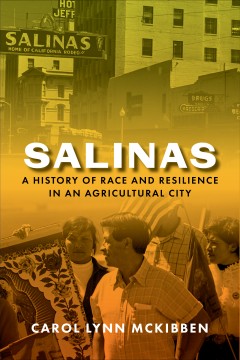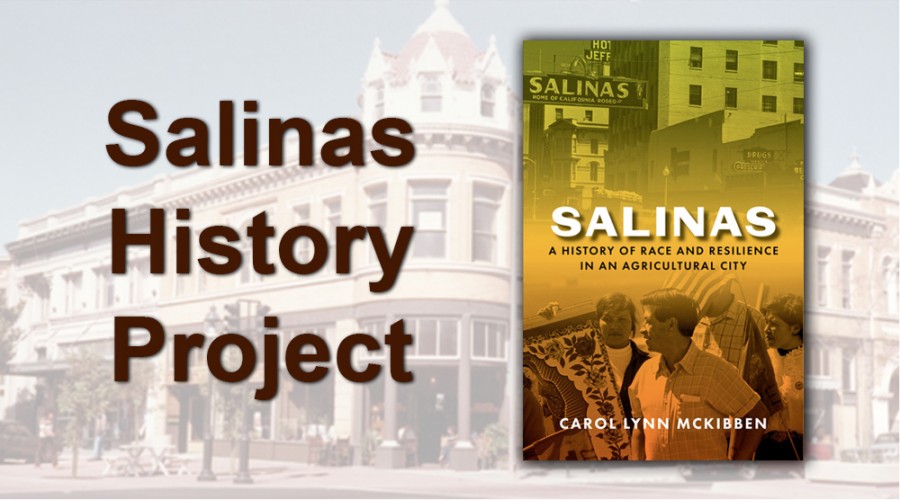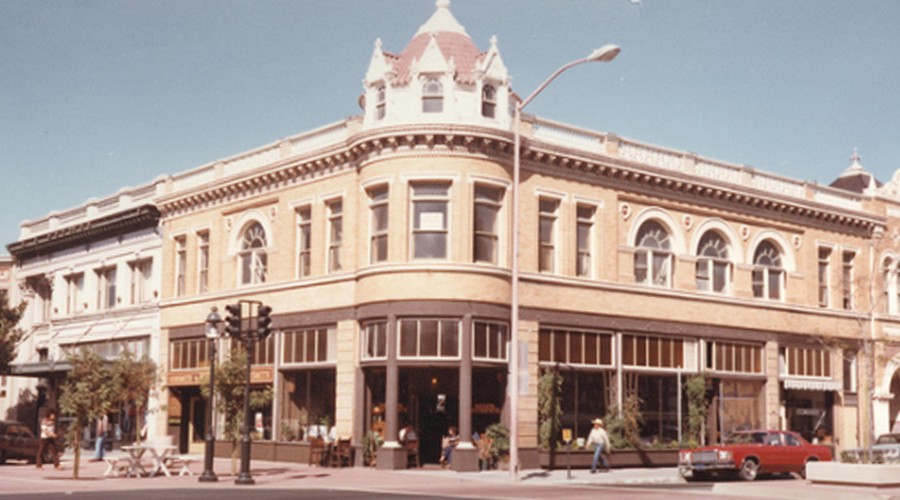Salinas History Project
The Salinas History Project aims to present a narrative of urban history that brings the multiple and separate communities in Salinas together to showcase the complex story of this municipality from its nineteenth century founding to the present, with special emphasis on the period after World War II when population growth exploded and urban renewal and redevelopment were in full swing.
Updates:
January 2022

The Salinas: A History of Race and Resilience Project in an Agricultural City book has been published and completed the Salinas History Project to tell the modern history of Salinas and its community relationships. Copies of this book is available to borrow from the library.
Throughout the century-plus of Salinas history that McKibben explores, she shows how the political and economic stability of Salinas rested on the ability of nonwhite minorities to achieve a measure of middle-class success and inclusion in the cultural life of the city, without overturning a system based in white supremacy. This timely book deepens our understanding of race relations, economic development, and the impact of changing demographics on regional politics in urban California and in the United States as a whole.
May 25, 2021
Salinas: A History of Race and Resilience Project in an Agricultural City will be published in January, 2022.
Carol Lynn McKibben draws on extensive original research, including oral histories and never-before-seen archives of local business groups, tracing Salinas's ever-changing demographics and the challenges and triumphs of Chinese, Japanese, Filipino, and Mexican immigrants, as well as Depression-era Dust Bowl migrants and white ethnic Europeans. McKibben takes us from Salinas's nineteenth-century beginnings as the economic engine of California's Central Coast up through the disproportionate impact of Covid-19 on communities of color today, especially farmworkers who already live on the margins.
Read a full synopsis of the book here.
Director Dr. Carol Lynn McKibben is an Organization of American Historians Distinguished Lecturer and has worked as lecturer in the Department of History and Urban Studies at Stanford University since 2006.
Dr. McKibben has been teaching and doing community based research on the Monterey Peninsula for thirty years. She received her B.A. from the University of Washington in 1979 and her M.A. and Ph.D. from the University of California, Berkeley in 1999.
Her first book, Beyond Cannery Row: Sicilian Women, Immigration, and Community in Monterey, 1915-1999 placed women at the center of a transnational migration story that focused on the Sicilian fishing families of Monterey. Dr. McKibben served as Director of the Seaside History Project from 2005-2012. Her second book, Racial Beachhead: Diversity and Democracy in a Military Town (Stanford University Press, 2012) wove the history of the military town of Seaside into a narrative of civil rights on the Monterey Peninsula. Her third project aims to produce a new narrative history of the city of Salinas from the post World War II era to the present day.
In Common Purpose
Dr. McKibben has provided the following synopsis "In common Purpose: Urban Restoration and Regional Realignment in Twenty-First Century Salinas, California, and the Central Coast Region". In her own words, this paper "shows how the city of Salinas became the epicenter of regional agricultural achievement with a global reach." She also discuss why this designation helps us understand California and America.
In Common Purpose - Carol Mckibben 12-2018.pdf


 Facebook
Facebook Twitter
Twitter Instagram
Instagram Youtube
Youtube